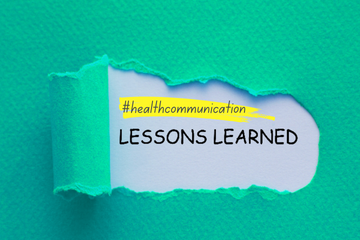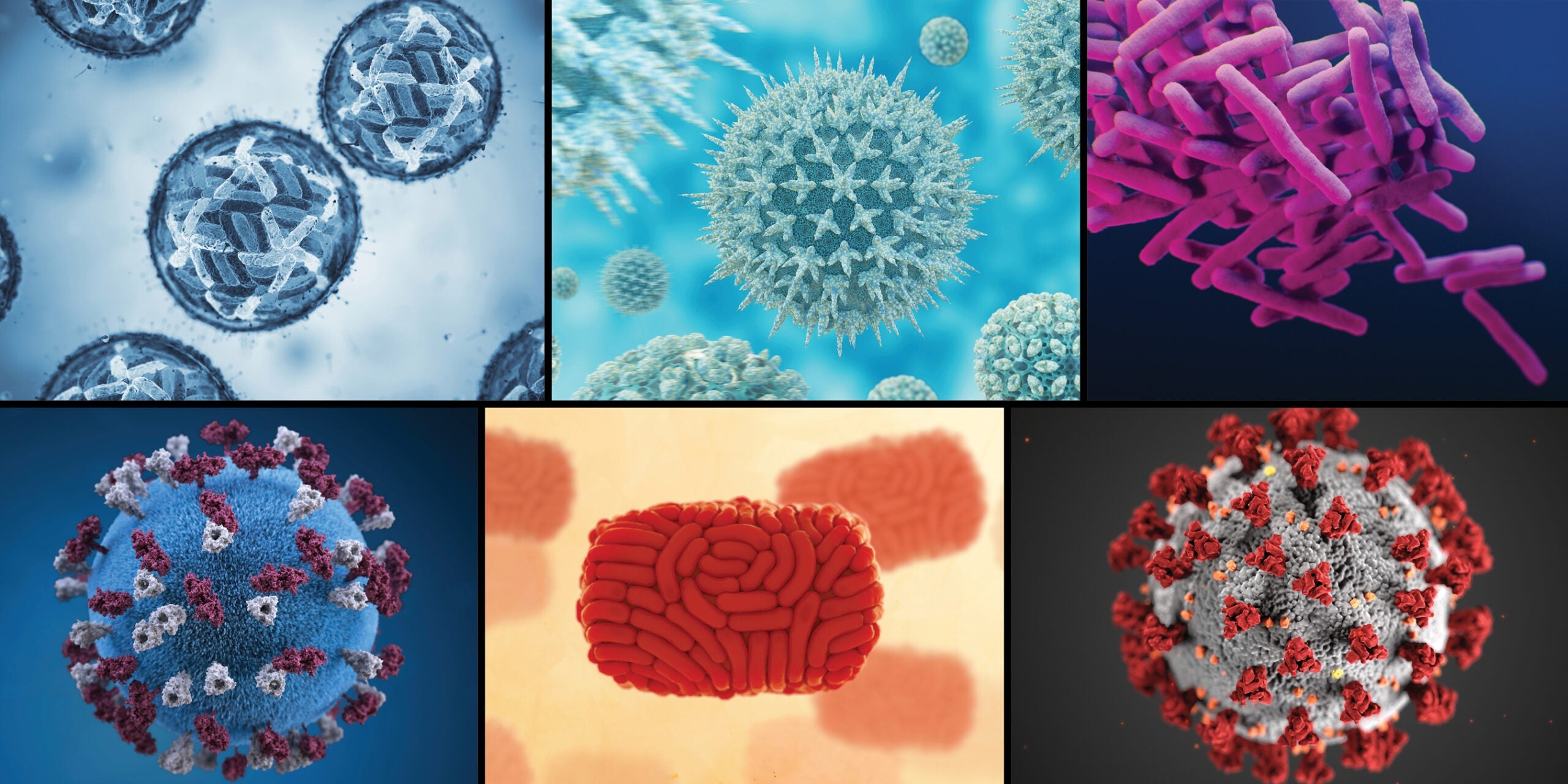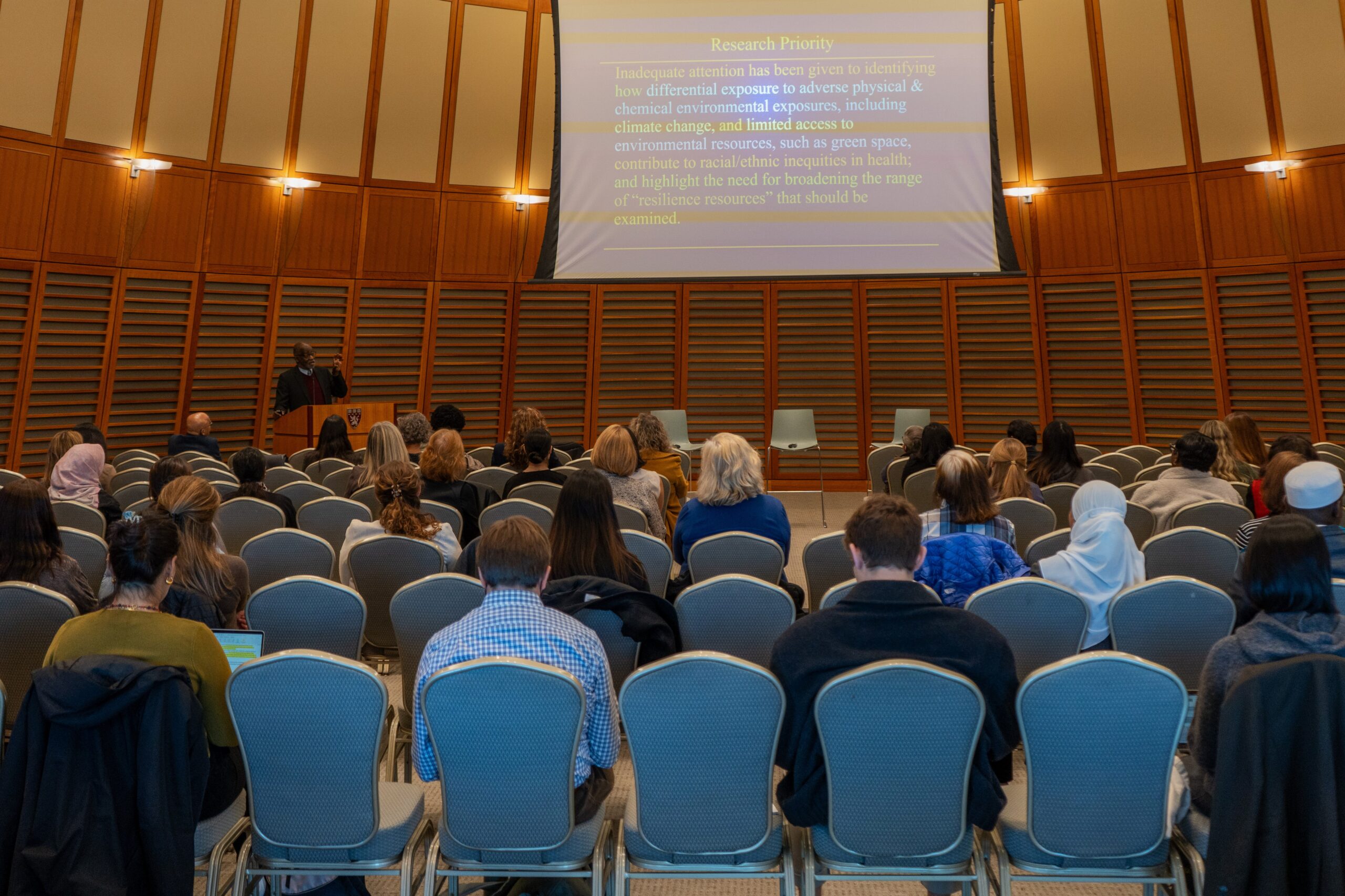Lessons learned: Talking to AI can reduce conspiracy beliefs

You’re reading Lessons Learned, which distills practical takeaways from standout campaigns and peer-reviewed research in health and science communication. Want more Lessons Learned? Subscribe to our Call to Action newsletter.
The explosion of mis- and disinformation has highlighted the need for effective ways to reduce people’s belief in conspiracy theories. A recent study published in Science (DOI: 10.1126/science.adq1814) shows how AI could help. In two experiments with 2,190 Americans, participants shared a conspiracy theory they believed in and the evidence they thought supported it. They then engaged in a three-round conversation with ChatGPT, either challenging their beliefs or discussing an unrelated topic as a control.
What they learned: Talking with generative AI can reduce people’s belief in conspiracy theories, even months afterward. The team found that participants who were challenged by ChatGPT reduced their beliefs by about 20% on average. The effect remained at a two-month follow-up. The debunking process also reduced participants’ beliefs in conspiracies other than the one they named and increased participants’ intentions to challenge other conspiracy believers. Importantly, the AI did not change beliefs about true conspiracies. The AI provided consistently accurate information—a professional fact-checker found that that 99.2% of the AI’s claims were accurate, 0.8% were misleading, and none were false.
Why it matters: Many people think that beliefs in conspiracy theories are immune to facts and counterevidence. However, this study shows that individuals who believe in conspiracy theories are not necessarily immune to reason; they can be presented with a robust, well-supported argument to reconsider their views. Furthermore, this study highlights how generative AI can be a useful tool for this approach.
➡️ Idea worth stealing: If you are a professional communicator, consider integrating generative AI into workflows that focus on fighting mis- and disinformation. On a personal level, if you are trying to reduce someone’s belief in false information, consider practicing with an AI tool like ChatGPT first.
What to watch: How communicators build generative AI into efforts to combat misinformation.


